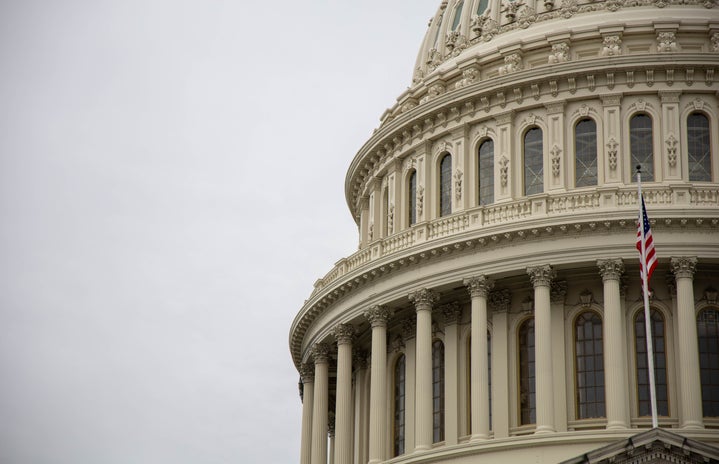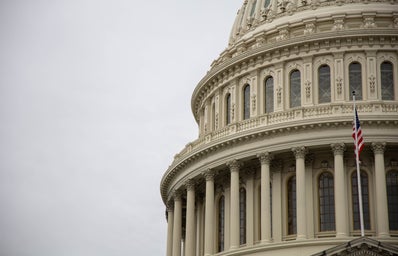Earlier this month, a leaked opinion by Supreme Court justice Samuel Alito indicated that the Supreme Court planned to overturn the 1973 landmark case Roe v. Wade. Although it was not officially the Court’s final decision on the matter, the draft appeared to show that a majority of justices were in favor of striking down the case.
In short, this means that uterus-bearers’ rights to accessing abortions would no longer be constitutionally protected. This protection was first established by the Roe v. Wade decision in the early 1970s, when a woman who went by the pseudonym Jane Roe challenged a Texas law that made abortion illegal except by doctor’s orders to save a woman’s life. Roe claimed that the law violated her right to personal privacy as established by the First, Fourth, Fifth, Ninth, and Fourteenth Amendments to the U.S. Constitution. Roe won the case; the Supreme Court ruled in her favor with a 7-2 decision, thus rendering all laws preventing abortions as unconstitutional. States were required to change their laws to allow people safer access to abortions.
If Roe v. Wade is overturned, the states would have full freedom to change their laws back, again restricting access to safe abortions. In fact, 26 states already have laws that could restrict access to abortion without Roe v. Wade, and 13 of them have “trigger laws” that would automatically illegalize abortions as soon as the case is overturned.
Limited access to abortions has proven to be extremely detrimental for individuals across the nation. According to the World Health Organization, legal restrictions on abortions do not reduce the total number of abortions. Rather, those wanting abortions will take more drastic measures for the procedure to get done, often putting their health at risk. For people who are denied abortions and choose to carry the pregnancy to term, the chance of developing mental and physical health problems increases along with lifelong struggles for financial stability. They are more likely to develop symptoms of depression and anxiety and more likely to face poor credit, bankruptcy, and severe debt.
Furthermore, medical and legal experts believe that striking down the case would mean far more than restricted abortion access. The decision to overturn the case rests on a new definition of what constitutes a human being: according to it, a person is formed at the moment of fertilization. This new concept of embryos could end access to certain types of contraception and end the practice of in-vitro fertilization in some states. Dr. Kavita Arora of the American College of Obstetricians & Gynecologists claims that overturning Roe v. Wade could prevent individuals from accessing emergency contraception and other post-exposure forms of birth control, such as the copper IUD. Even in-vitro fertilization, or the insemination of a fertilized egg into a uterus, is at risk for being outlawed.
So what can we do? Unfortunately, the decisions of the Supreme Court are out of public control. However, many Americans are exercising their right to peacefully protest against the overturning of the case. A series of Women’s Marches occurred following the draft leak, including one in Santa Barbara’s De La Guerra plaza.
To stay updated on local and national Women’s Marches, visit https://www.womensmarch.com/.

